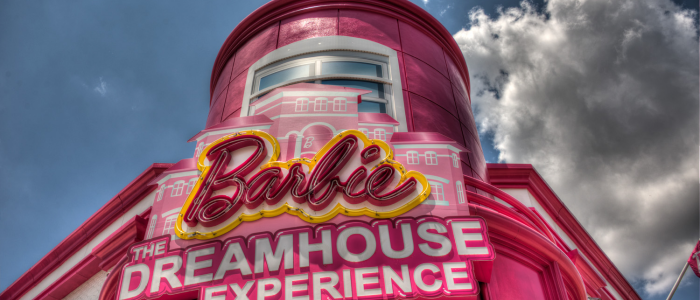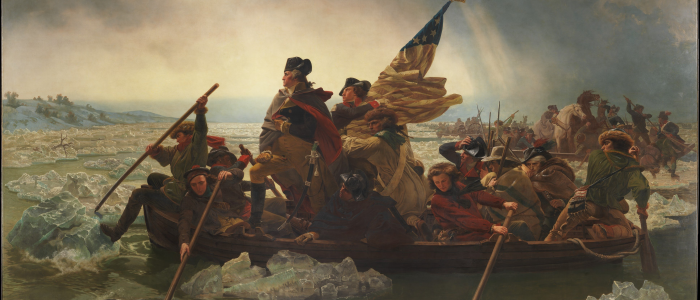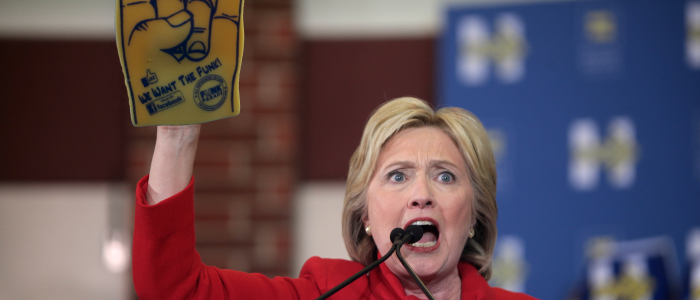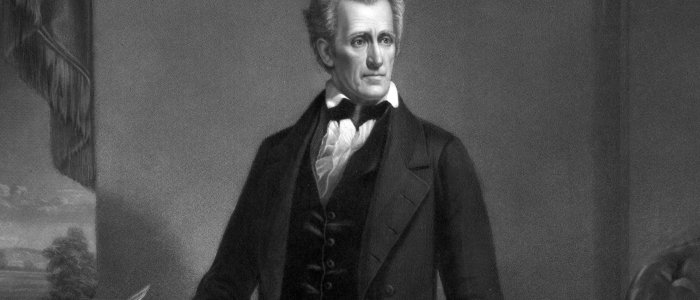Hey! Teacher! Leave those kids alone!
Wayne State University in Detroit has a long and proud history — it’s been in existence since 1868, hosts almost thirty thousand students every year, and may or may not be bankrolled by Batman through his Wayne Foundation. In a move nearly as creepy, disconcerting, overflowing with the social and moral philosophy of the 1970s and generally stupid as a Pink Floyd song, Wayne State University has announced that it will no longer require all students to study mathematics, but will now require them to take "diversity" classes instead. If you’re interested in the sort of word soup that can pour forth from the word extruders of the university’s General Education Reform Committee, which proposed this wonderful "reform," here’s a choice sample:
Year 1 focuses around a paired set of "Year 1 Core" courses designed to generate excitement, build key academic and practical skills, and build a sense of community… These core courses are intended to help excite students about the promise of a university education, build key skills essential for student success, and to increase a student’s feelings of "belongingness" to the university community…
[W]e feel that the Student Communities and the Capstone courses will increase a student’s meaningful interaction with their peers and the community, thus leveraging the incredible diversity of our university. Finally, we are proposing the creation of specific "Diversity" courses, with students required to take one course in this designation. These courses will provide opportunities for students to explore diversity at the domestic level and consider the ways in which it intersects with real world challenges at the local, national and/or global level.







